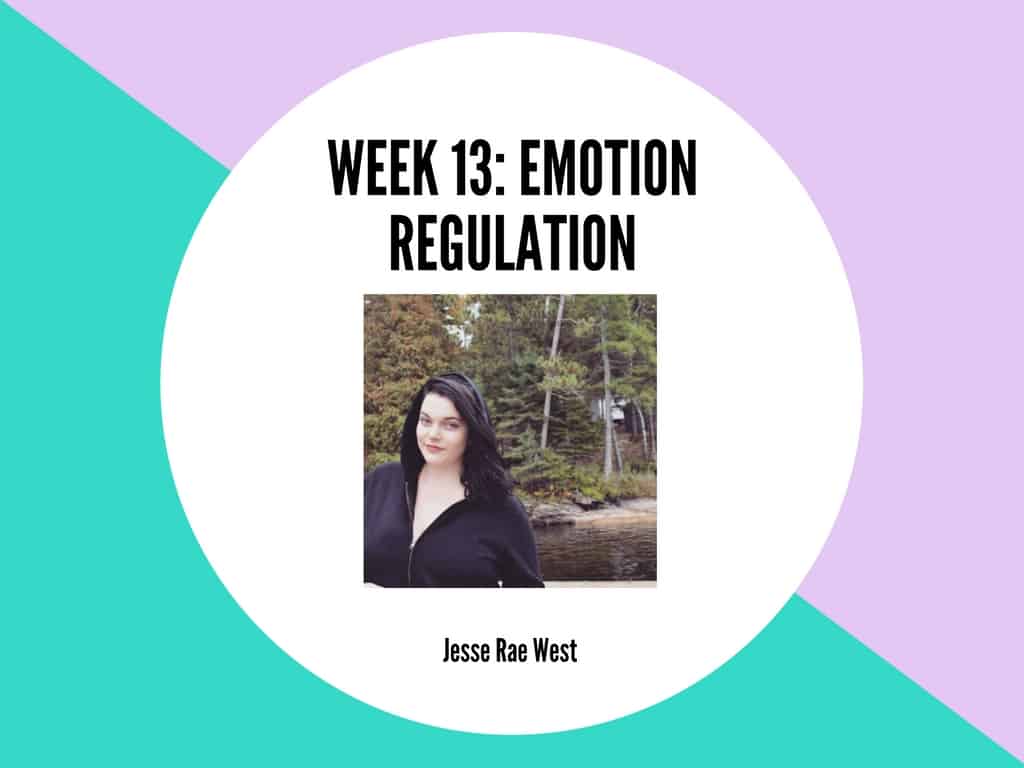One of my goals when I started this Dialectical Behaviour Therapy program was to feel more emotionally regulated. I previously felt so influenced by my emotions that even a depressing landscape could send me to a point of physical sickness. Now, I feel more like a ghost floating through life (in the best way possible).
My overall goal is to exist in a wise mind, which looks like a healthy combination of emotional and rational decision making. I have a tendency to feel things intensely and get swept away in them. For example, if I didn’t hear from a loved one when I expected to, I would assume that they were dead. If I felt rejected I would catastrophize it to a point of complete anxiety and overwhelming fear. I was unable to be rational in emotional moments.
Emotions exist for many reasons: they help motivate and organize us into action. Strong emotions can help us overcome obstacles and also make certain experiences feel fulfilling. Gut feelings and intuition can keep us safe from immediate danger.
In my attempts to have more regulated moods and emotions, I’ve been working on asking myself two questions: Are my emotions based on facts? Is this a primary or secondary emotion?
An example of a primary and secondary emotional pattern might be anger, and then shame for feeling angry. I experience this a lot with my feelings. I will feel one emotion very strongly and then have a negative emotional response for having the primary thought. This is obviously not productive and keeps me trapped in a fog of sorts where I’m completely unregulated.
Working on my ability to label my feelings as soon as I feel them and catching myself before I let anger turn into shame, aloneness into loneliness or sadness into complete melancholy has been a game changer for me.
Another important thing to consider when processing your emotions is whether or not your feelings are based in reality. Emotions can be unproductive and not at all factual. I tend to make assumptions and find correlations between events where I have felt hurt and the feelings that coincided. Often an event can spark intense emotions, which can lead to even more intense thoughts, provoking other intense emotions. During this time of thinking or processing is when we tend to assume threat, feel intense sadness or loss and ultimately make assumptions that we have no way of knowing the validity of. I have to ask myself, “Do my emotions and/or their intensity fit the actual facts?” Oftentimes the answer is no. This can be really hard to accept. Most things are undeserving of energy-draining reactions.
I still experience and acknowledge the awfulness in life and I still get swept away with love and joy. I still feel things passionately, but I am able to keep floating on and not get stuck.



 Follow Us On Instagram
Follow Us On Instagram
